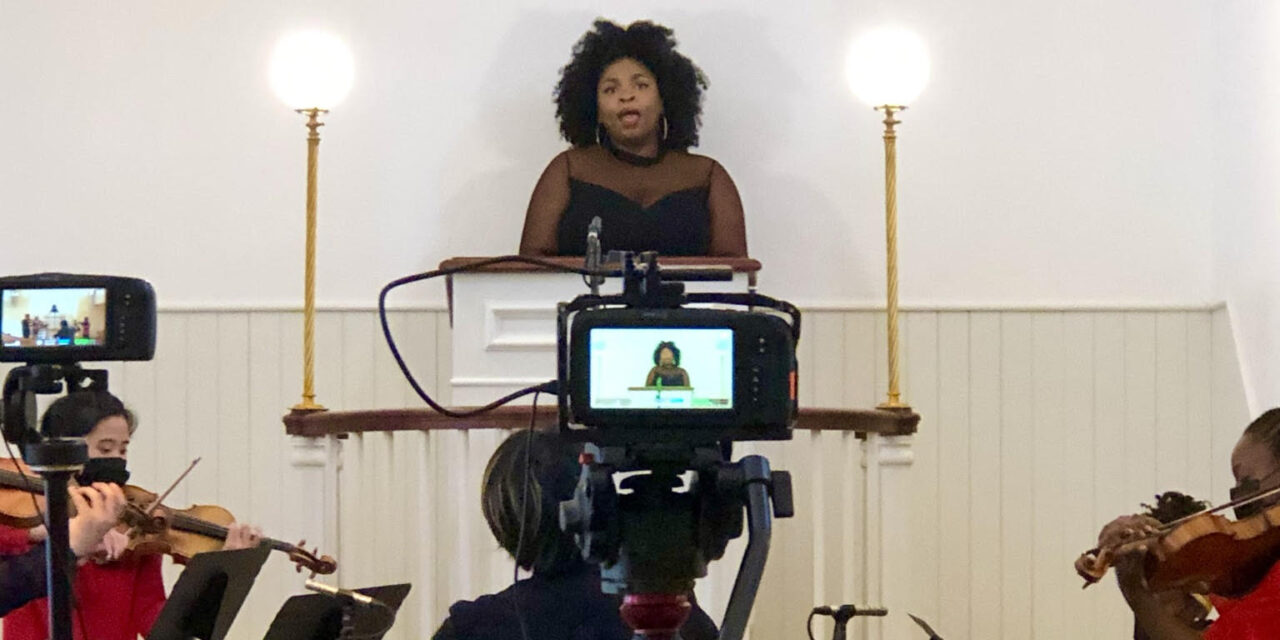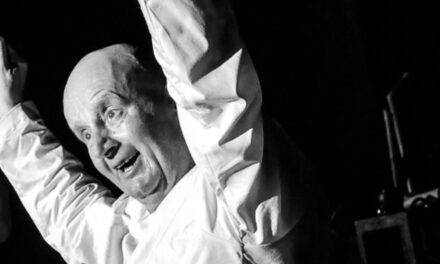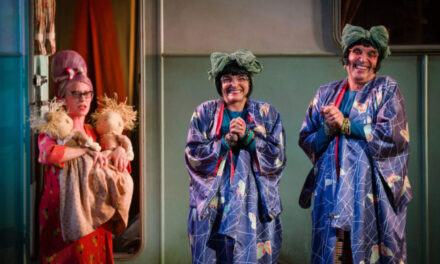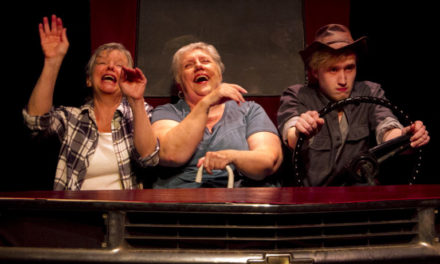After more than a year of American racial unrest since the high-profile deaths of George Floyd and Breonna Taylor, the more staid, traditional, and somewhat predictable virtual concerts from some of America’s largest companies have often felt tone-deaf.
In lieu of NEMPAC Opera Project’s tradition of fully-staged opera in Boston’s Faneuil Hall, on this anniversary of their tenth season, they are offering a virtual concert; Juneteenth: Opera in the Key of Freedom. Long committed to community engagement, NEMPAC also typically offers one free performance of their staged opera in an outdoor setting. It seems fitting then, that in line with their offering opportunities in art consumption to everyone, they have incorporated The Loop Lab in this project, to help integrate art production to everyone. The Loop Lab’s mission is to train “womxn and people of color” for jobs in AV and film production, and they did an excellent job of filming and editing the concert for streaming by NEMPAC. If anything is lacking, it’s just that the need to balance the production’s acoustics slightly negates the thrill of hearing a real, human voice, live in a hall. The concert has its fair share of thrilling moments regardless. This is an hour of lush music you don’t hear every day, performed beautifully and with committed intent to take a moment to honor history.
Aside from the excellent soloists, the star here is the repertoire. After more than a year of American racial unrest since the high-profile deaths of George Floyd and Breonna Taylor, the more staid, traditional, and somewhat predictable virtual concerts from some of America’s largest companies have often felt tone-deaf. And at least in opera circles, there has been a larger conversation about oppression and representation that the COVID-19 pandemic has pried open. In the past year, some houses have often attempted to awkwardly straddle the line of elitism and equity, appealing to donors with classical hits by the typical roster of 200-year-old dead white guys, while sprinkling in half-hearted efforts at representation. In its Juneteenth feature, NEMPAC presents a self-aware, but not self-conscious program, with compositions by William Grant Still, The Chevalier de Saint-Georges, Scott Joplin, and an original commission by Mason Bynes, all sung and played by a diverse group of musicians. And praise is due to NEMPAC for its incisive text choices and simple presentation, making the words speak instead of other flashy production statements.
The concert opens with William Grant Still’s thrumming arrangement of the riveting anthem; “Lift Every Voice and Sing”. All four voices and a small chamber ensemble were featured. The opening words, led by the resonant baritone of RaShaun Campbell from the balcony, made me long to be physically in the hall with singers again. Also, a standout was the operatic stamina required for his solo, “Plain-Chant for America”, also by Still.

Marshunda Smith, cello; Adrienne Baker, flute, and Kevonna Shuford, viola; perform William Grant Still’s arrangement of “Lift Every Voice and Sing” by Johnson & Johnson in the African Meeting House. Photo Credit: Sheryl Davis.
With poetry by Katherine Garrison Chapin, this is a call to an un-ending fight for freedom that could not be more relevant today even though written nearly a century ago:
“Still a voice from the bruised and the battered Speaks out in the light of a free sun, Saying, Tell them again, say it, America; Say it again till it splits their ears: Freedom is salt in our blood and its bone shape; If freedom fails, we’ll fight for more freedom—…
Let them remember that here on the western Horizon a star, once acclaimed, has not set; And the strength of a hope, and the shape of a vision Died for and sung for and fought for, And worked for, Is living yet.”
– Katherine Garrison Chapin
She says nothing particularly new about the fight for the ideal of freedom in America, but by referencing recent crimes against black Americans is to do so from the eyes of an oppressed race. This is a call to take as much claim to that dream of freedom as anyone else in America. The placement of this toward the end of the concert lent a moment of passionate pathos and introspection to the dramatic arc of the program.
The string quartets by The Chevalier de St. Georges were a lovely addition and shed light on a black composer not heard often enough. The masked, distanced, the ensemble was polished and tight as though we weren’t in the middle of a pandemic being starved of musical collaboration. I was also particularly excited for the instrumental excerpts from Treemonisha, Scott Joplin’s fascinating opera about a freedwoman leading an education movement on a former plantation. The excerpts were varied and showed snippets of the stylistic breadth of the work.
In “Song for the Lonely”, tenor, Fred C. VanNess Jr.’s clarion pianissimo was impressive and moving, with perfect diction as well. Kay Patterson possesses a light soprano with plenty of bloom in the upper register. Julia Carey’s collaboration with her on “Citadel” by Stil was particularly lovely with haunting jazz harmonies. Pianist Julia Scott Carey’s collaborative playing and arranging skills deserve commending. She truly understands the awed, spiritual feeling of Americana that the pieces demanded. Veena Akama-Makia shone like burnished metal in both the meditative “If Singing is Free” by Mason Bynes and the program’s closing piece, the especially appropriate “Golden Days” by William Grant Still.
It is incredibly refreshing and reviving to experience this repertoire. Don’t hesitate to experience this line-up of Boston musicians for yourself. Streaming is available on June 19th with a suggested donation of $25. https://nempacboston.org/nempac-opera-project/
This post was written by the author in their personal capacity.The opinions expressed in this article are the author’s own and do not reflect the view of The Theatre Times, their staff or collaborators.
This post was written by Katrina Holden-Buckley.
The views expressed here belong to the author and do not necessarily reflect our views and opinions.

















